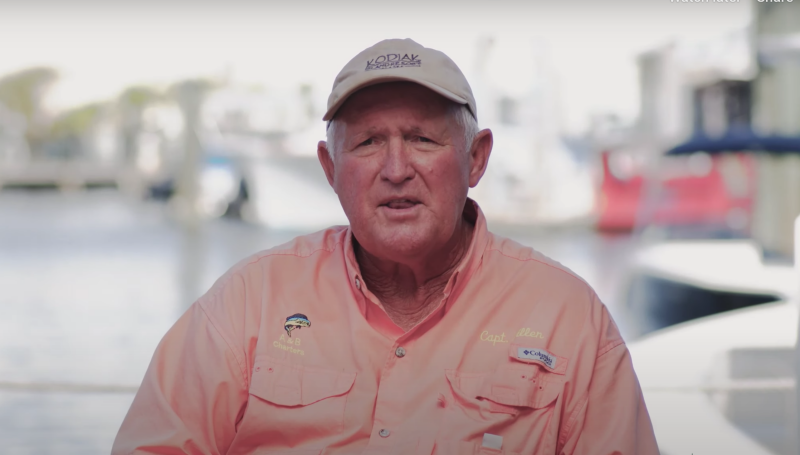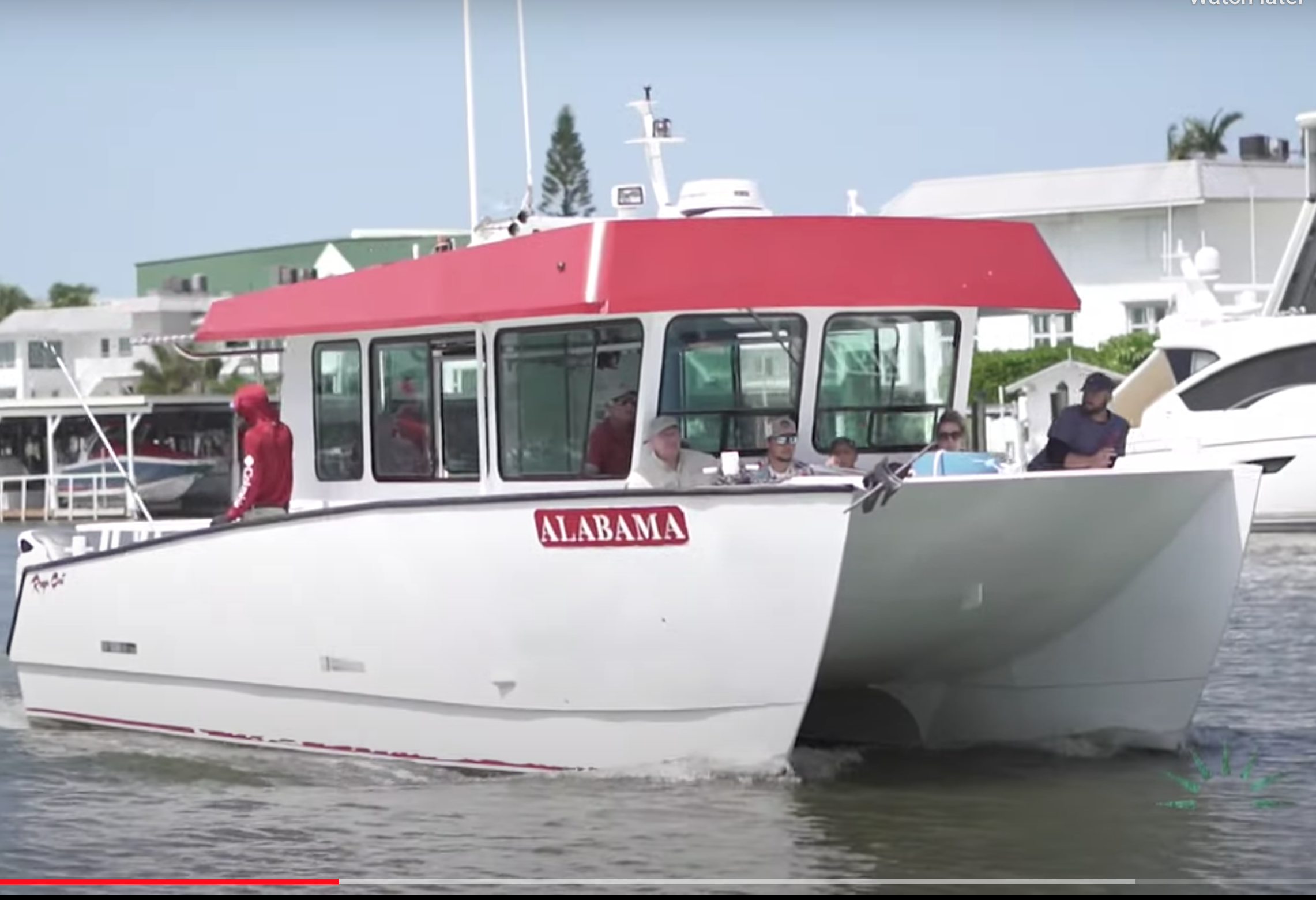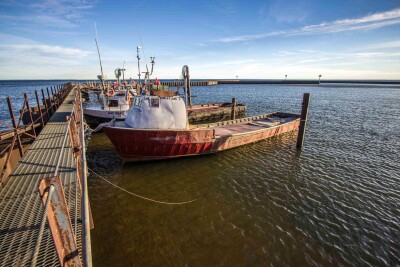The vessel monitoring system rule for Gulf of Mexico charter fishing vessels is in abeyance, after being set aside in a ruling from the U.S. Fifth Circuit Court of Appeals – at least while the National Marine Fisheries Service considers any next moves.
The National Civil Liberties Alliance filed a court challenge to NMFS’ electronic monitoring rule that required for-hire operators with federal charter and headboat permits to buy new global positioning system equipment for their boats to transmit vessel locations.
Among other details, the rule published in July 2020 specified that “if no fish are landed, the electronic fishing report must be submitted within 30 minutes after the completion of the fishing trip. This final rule also requires a Gulf for-hire vessel owner or operator to notify NMFS prior to departing for any trip and declare whether they are departing on a for-hire trip or on another trip type.
“If the vessel will be operating as a charter vessel or headboat during the specified trip, the vessel owner or operator must also report details of the trip’s expected completion. Lastly, this final rule requires that a Gulf for-hire vessel owner or operator use NMFS-approved hardware and software with global positioning system (GPS) location capabilities that, at a minimum, archive vessel position data during a trip for subsequent transmission to NMFS.”
The rule was seen by charter captains as a violation of constitutional and privacy rights – and a new requirement that their favored fishing spots, the lifeblood of any charter operators, had to be recorded.
The rule was “in essence putting an ankle bracelet on all the charter boat operators in the Gulf of Mexico,” said captain Allen Walburn, operators of A&B Charters in Naples, Fla., a plaintiff in the New Civil Liberties Alliance case.
The requirement establishes “warrantless searches” allowing NMFS to scan monitoring systems that cost around $3,500 for operators to install and $75 a month to maintain,” Walburn says in a video produced by the NCLA.
The captains must “tell the government where they are at all times even when they’re not fishing,” argues John Vecchione, senior litigation counsel for the NCLA. “There is no relationship between watching you 24 hours a day and checking which fish you brought in.”
Writing for the appeals court in its Feb. 23 opinion, Judge Jennifer Walker Elrod said that “in promulgating this regulation, the government committed multiple independent Administrative Procedure Act violations, and very likely violated the Fourth Amendment.”
Foremost, the “unambiguous language of the Magnuson-Stevens Act does not authorize the regulation,” Elrod said, and NMFS also “failed to respond to public comments expressing concerns of personal privacy violations stemming from GPS surveillance.”
The NCLA describes itself as a “nonpartisan, nonprofit civil rights group” with the aim to “protect constitutional freedoms from violations by the Administrative State.” The group is also working in support of Northeast herring fishermen, who are challenging NMFS monitoring requirements that they say put onerous restrictions and costs on their operations.
The decision in the case Mexican Gulf Fishing Company v. U.S. Department of Commerce is a class-action case that affects more than 1,300 federally permitted charter boat operators.

In a March 3 email update to fishermen, NMFS acknowledged the Fifth Circuit ruling on the Southeast For-Hire Integrated Electronic Reporting Program (SEFHIER) “means the Gulf program is currently not in effect. The ruling does not affect the South Atlantic SEFHIER program.”
As for next steps, the agency says, stay tuned:
“NOAA Fisheries is reviewing the Court ruling and will provide further guidance if appropriate. NOAA Fisheries intends to discuss the Court ruling with the Gulf of Mexico Fishery Management Council during their upcoming meeting April 3-6, 2023.”
In the meantime, NMFS is telling Gulf SEFHIER participants:
- “You may leave on trips without submitting a Gulf SEFHIER hail-out.
- “You may land at any location and are no longer restricted to SEFHIER pre-approved landing locations.
- “After returning from a fishing trip, you do not have to submit a logbook through an app or the VMS unit, unless you are part of the Southeast Region Headboat Survey program.
- “You may turn off or remove your VMS unit without submitting a Power Down Exemption, unless you have a Commercial Reef Fish permit.
- “You will no longer be approached by SEFHIER Validation Survey samplers.”







